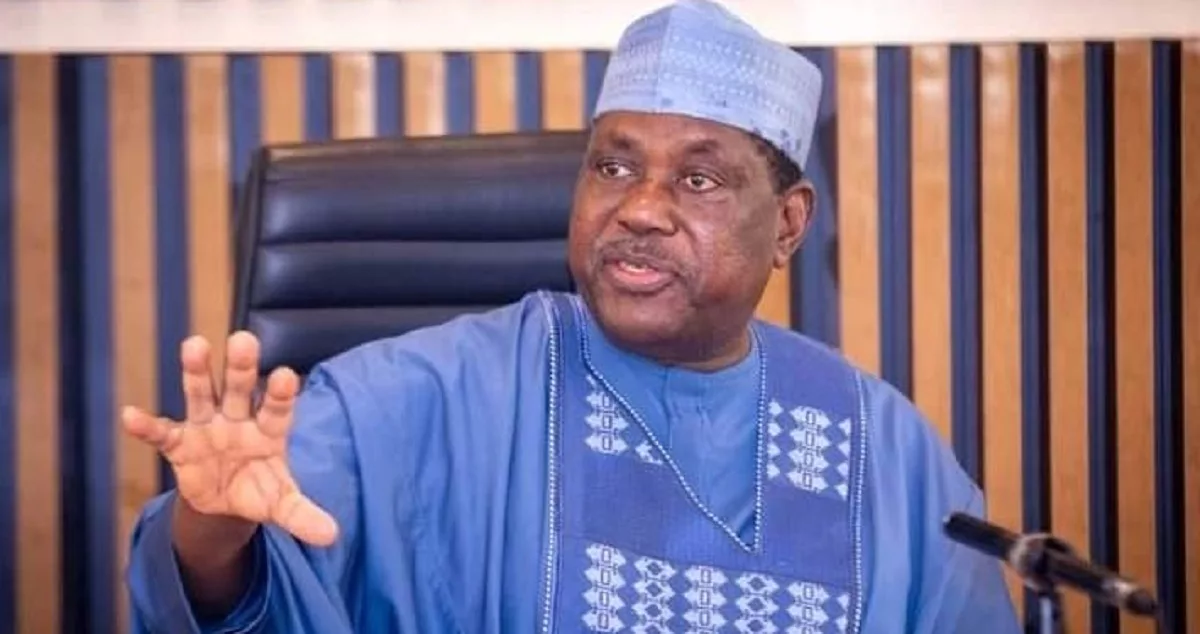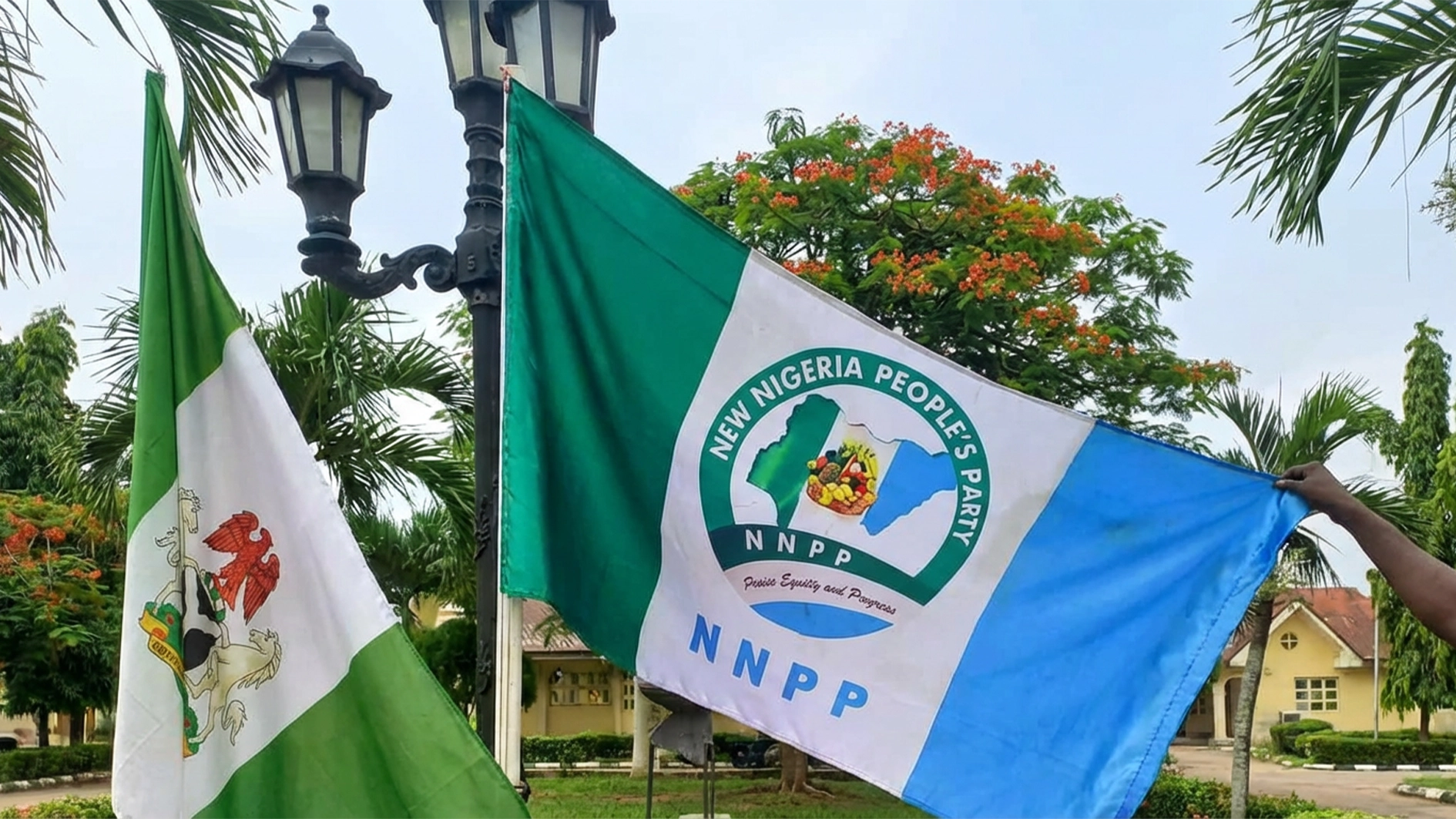
The Gates Foundation has invested over $2.8 billion in Nigeria in the past 20 years, which is the foundation’s largest commitment in all of Africa.
Meanwhile, the Chairperson of the Foundation, Bill Gates, has said that Nigeria’s economy has stagnated while the country’s debt profile earlier this year exceeded 50 percent of its GDP for the first time since 2001.
Gates stated this while addressing the National Economic Council presided over by Vice President Kashim Shettima at the presidential villa on Wednesday in Abuja.
He observed that while Nigeria’s revenue-to-GDP ratio has grown, it is still lower than what it was 15 years ago adding that the result is that Nigeria spends less per capita on its people than other African countries with a fraction of Nigeria’s wealth.
He said, “To be known as a friend to Nigeria is a great honour. But being a friend means telling the truth, even when it’s difficult. That’s what I aimed to do six years ago when I shared my thoughts with the NEC about the urgent need to invest in Nigeria’s greatest resource: its people.
“I said then that I will always bet on the incredible potential of the Nigerian people. And that’s still true today. But the world has changed a lot in those six years.Nigeria’s economic leaders have done some difficult, but necessary things, like unifying the exchange rate. The next great hurdle is raising revenue.
“I understand this is a politically sensitive area. Nigerians are struggling. Incomes have fallen. Prices have soared. And like in many other countries, people are protesting. Taxes are never popular. That’s true in America too.
“But they’re part of a social compact. People are more likely to pay them when they see the government spending that money to give Nigerians a better life. That’s what I want to speak about today.
“Because there are so many Nigerian leaders committed to investing in your people. And so many promising solutions in the pipeline.”
Gates noted that President Bola Tinubu’s “Renewed Hope” agenda is ambitious, adding that the president has assembled a cabinet ready to meet the challenge but with limited resources, the key is putting available funds into best use.
The Microsoft founder, who highlighted the need for Nigeria to prioritise and focus on funding the areas that will make the greatest difference, particularly the health sector, pointed out that without health, there can be no opportunity.
He said, “After all, priorities without funding are only words. And I know that right now, it’s impossible to give every priority the funding it needs. That’s why it’s more important than ever to focus on the areas you know will make the greatest difference. I will start with health. Because without health, there can be no opportunity.”
Gates observed that in just two decades, the world reduced the number of children who die before their 5th birthday by half largely because of investments in primary health care, like routine immunisation, but lamented that in Nigeria today, 2.2 million kids have never gotten a single vaccine.
He noted that primary care is the first and sometimes, the only point of contact most patients have with the health system, yet Nigeria spends just 3,000 naira on primary health care per person, per year, while 70 percent of its spending goes to secondary and tertiary care, compared to just 30% for primary care.
“That ratio should be reversed. Yesterday, I had a chance to visit Abuja’s National Hospital. In theory, their role is to provide specialised care. But in practice, most of their patients come from primary health centres that can’t provide basic services,” he said.
“The staff I met yesterday are doing heroic work with very few resources. But they shouldn’t have to be heroic. It’s up to each state to not only prioritise primary health in your budgets but also follow through on releasing the funds on time.”
According to him, realistic budgeting also requires good data.
“Data can reveal uncomfortable truths. But no country can plan for the future without understanding the present,” Gates said.






